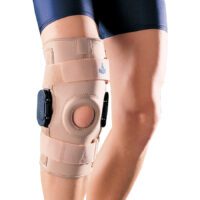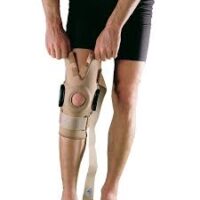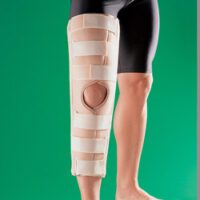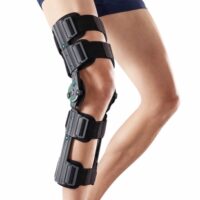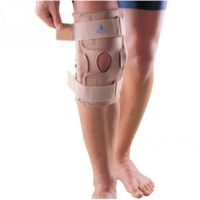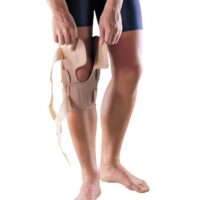What If You Don’t Get ACL Surgery?

When you injure your Anterior Cruciate Ligament (ACL), the common belief is that surgical ACL reconstruction is the only treatment option. However, emerging evidence challenges this idea. Researchers suggest that ACL surgery might not always be necessary. Instead, every case should be taken on its own merits. Furthermore, opting for a non-surgical approach could sometimes lead to better long-term results.
What is the Non-Surgical ACL Approach?
Trying non-surgical rehabilitation managing an ACL injury typically involves a three-month rehabilitation program guided by a sports physiotherapist. After rehabilitation, your treatment decision depends on various factors to determine if surgery is needed.
What Research Says about ACL Management
Research indicates that some people can resume regular activities without requiring an intact ACL by effectively reducing swelling, improving knee strength, and enhancing neuromuscular control. For those physically active, the current best practice involves a three-month trial of non-surgical rehabilitation—a collaborative decision between you, your physiotherapist, and your orthopaedic specialist.
Read more: ACL Surgery vs Exercise Management
Steps in ACL Rehabilitation Non-Operative Treatment
The progressive rehabilitation program consists of several phases:
I
- Reduce swelling
- Regain muscle control of the knee, focusing on Quadriceps, Hamstrings, and Gluteal muscles
- Address any walking difficulties
II
- Progress with strength training
- Introduce Neuromuscular Control activities
III
- Advance to a Power program for strength
- Begin Straight Line Running
- Initiate slow speed changes of direction and jumping training
IV
- Continue with strength and power exercises
- Progress to dynamic activities, modified versions of the chosen sport, and activity
V
- Rigorous stability, strength, power and agility testing across all domains
- Prepare for a return to sport
- Implement long-term injury risk and performance enhancement programming
When is ACL Reconstruction Surgery Likely?
Those athletes wishing to return to Level I ACL sports should strongly consider ACL reconstruction.
In cases where individuals struggle to advance through ACL rehabilitation or experience knee instability and giving way, the physiotherapist may recommend consulting an orthopaedic specialist. This step is often necessary for sudden instability, where the knee gives way unexpectedly.
If functional tests show that a person can safely return to sports without an intact ACL, they might be able to skip surgery. Recent evidence suggests that the ACL can heal over time. Surgery might be avoidable if the knee regains its function to handle daily activities and sports demands. Testing reveals that the muscles can sufficiently support the knee without relying on extra sensory input from the ACL.
Read more:
Conclusion
To explore the possibility of non-surgical management for your ACL injury, contact your local PhysioWorks clinic. An experienced knee physiotherapist will assess your unique case and guide you on whether non-surgical management suits you.





